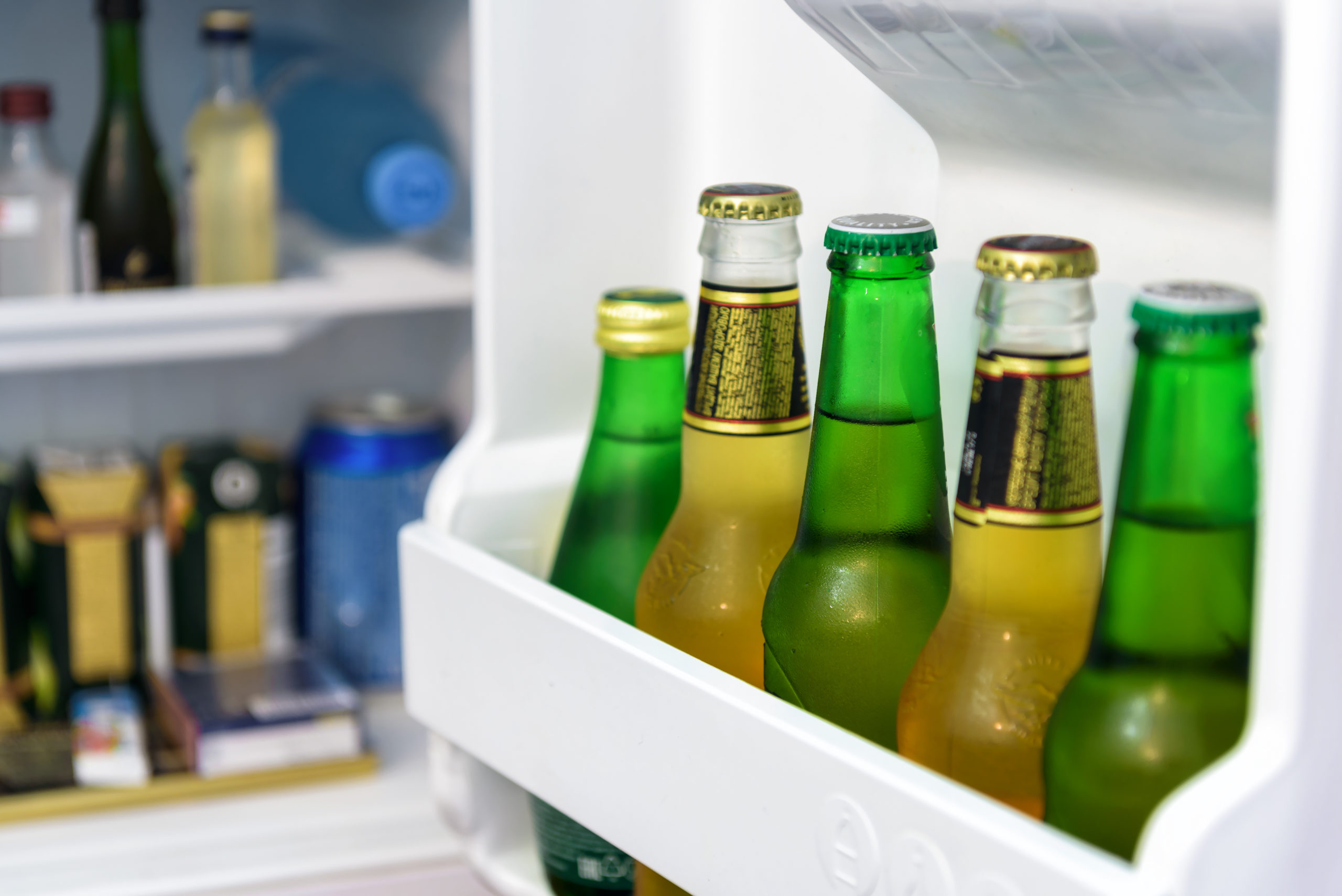Is there a simple way to diagnose and fix an addiction? Of course not. But we do appreciate it when people try to break down the process into easy-to-understand steps. And every now and then, these types of simplifications go viral; as England-based sobriety coach Simon Chapple has been experiencing with his “11 Signs of Alcoholism.”
The checklist, as it were, got an extra amount of attention this past week thanks to the global news site, The Daily Mail. The outlet made a point to publish Chapple’s alcoholism notes and interviewed him about the widespread attention they’re receiving.
Chapple, who himself is a recovering alcoholic, explained the basic message behind his list.
“I used to be a very heavy drinker and would regularly consume 2-3 bottles of wine an evening,” he explained. ‘One of the most important pieces of advice I can give to those who are worried about their drinking is to admit that you have a problem and then take action. It doesn’t matter if you don’t succeed in quitting the first few times you try – just keep going and surround yourself with information and support from others and you will succeed.”
So what are these 11 key warning signs? The full list is below…
1) Does your entire social life revolve around alcohol?
A simple enough evaluation that has people ask themselves whether they need to drink to feel comfortable around others.
2) Are you experiencing a confirmation bias?
This one translates to the fact that you may already know you have a problem, but are afraid to admit it.
3) Are you letting your responsibilities slide?
A trait that can apply to work, relationship roles and beyond. If you’re dropping the ball in various aspects of your life, take notice.
4) Do you look for reassurance?
Are you constantly second guessing yourself and asking others if you “look alright?” Another telltale sign.
5) Does your personality change after a drink?
Bad behavior is a major alcoholism indicator, particularly if you begin to become obnoxious or rude.
6) Do you rely on alcohol to have a good time?
If booze has become a crutch for letting loose and having fun, then a problem may exist.
7) Are you drinking alone or during the day?
This is an easy one and a clear cut sign of alcohol abuse.
8) Do you have a history of alcohol abuse in your family?
Alcoholism is known to be genetic and there are environmental cues if you happened to grow up around it.
9) Forgetfulness when you drink
Blackouts are the extreme version of this, as are lapses in memory. Remember, chronic drinking does cause damage to the brain cells.
10) Are you hiding alcohol?
Embarrassment and shame are common among alcoholics. Take note if this is something you feel you need to keep secret.
11) Are others worried about you?
Listen to what close friends and family members have to say. Especially those closest to you. And, of course, if any of these points ring true, please reach out and get the help you need.







